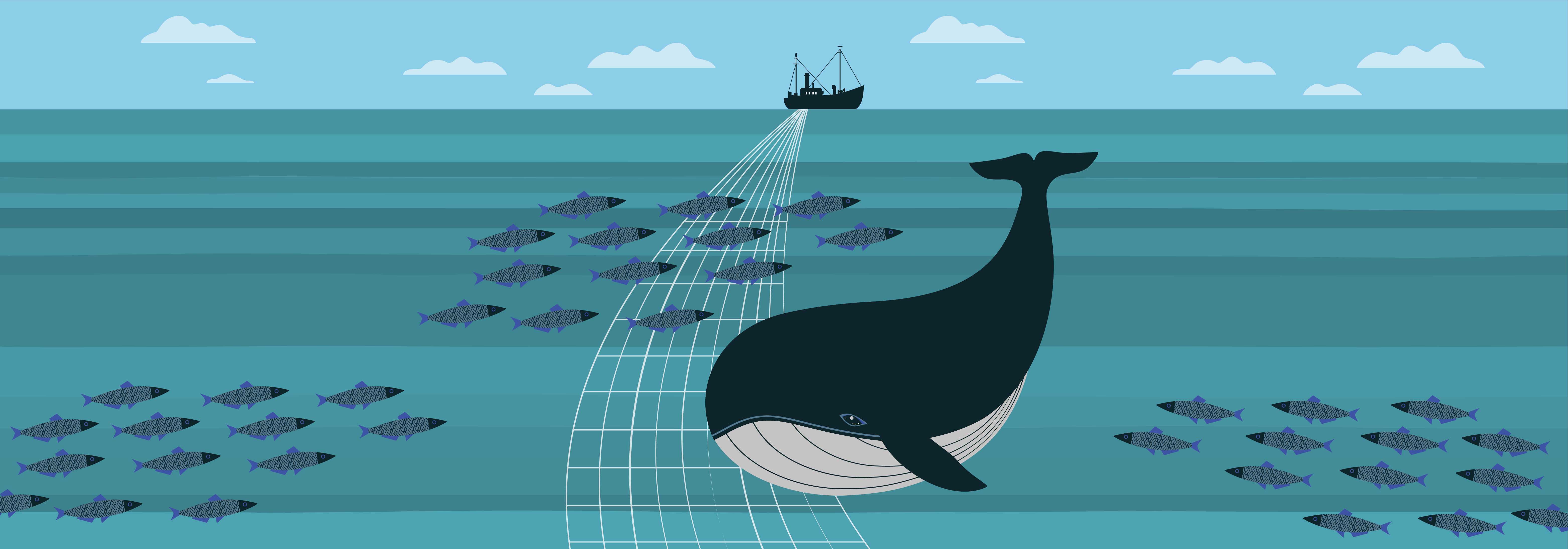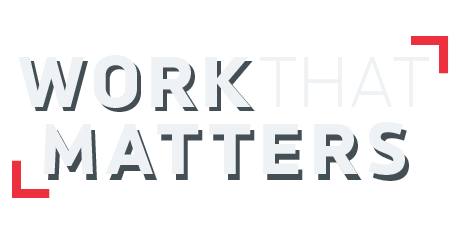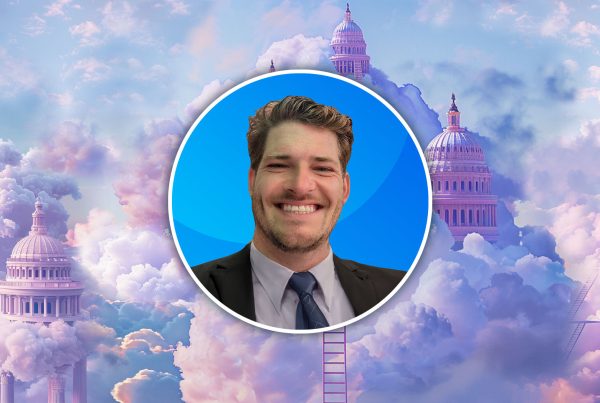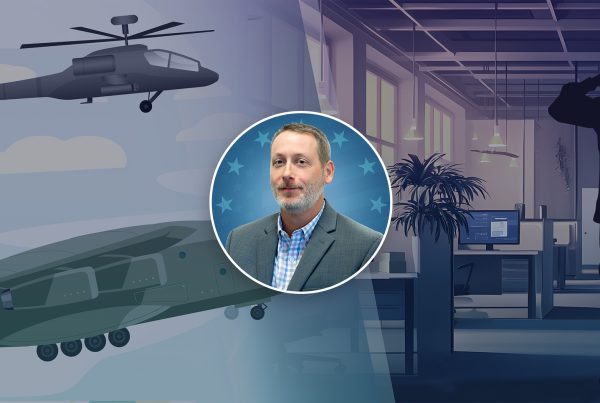“Work That Matters” is a series in which ECS experts discuss their roles and responsibilities and the larger impact they have on the workplace, community, and world. In this installment, we interview Ellen Spooner, communication specialist with the National Oceanic and Atmospheric Administration (NOAA). Ms. Spooner works with NOAA’s Integrated Ecosystem Assessment program to communicate vital environmental research to scientists, stakeholders, and citizens.
ELLEN SPOONER

Q: Tell me about NOAA and the work you do.
A: I always tell people NOAA is like NASA, but for the ocean. Everybody knows NASA, but few people know the impact NOAA has on everyone’s day-to-day life. NOAA does everything from daily weather forecasting and fisheries management to oceanographic, atmospheric, and climate research, and more. They even explore the bottom of the ocean and work to discover new species!
I work as a communications specialist supporting NOAA’s Integrated Ecosystem Assessment program. My role is to help communicate important ecosystem science so that people like policy makers, stakeholders, and even regular citizens can learn to better balance the needs of society and the environment.

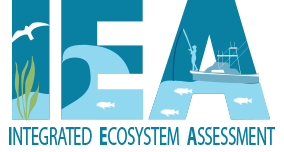
Q: How important is science communication to research?
A: I think the best way to show people is through example. A couple of years ago, fishermen on the West Coast were seeing an abnormal spike in the number of whales entangled in their fishing gear. At the same time, NOAA scientists noticed a pretty big marine heatwave, and the surface of the ocean was much warmer than normal.
Because of the heatwave and a few other environmental factors, whales were being compressed into a smaller area—the same area where fishermen were placing their traps. Unfortunately, the fisherman and scientists didn’t have an effective way of communicating with each other, so NOAA established a working group to help the two parties communicate.
As part of my work, I helped put together a webpage for scientists and fishermen to share information to prevent further whale entanglements. Scientists could report on the status of the marine heatwave and share entanglement reports compiled by NOAA Fisheries. The information helped managers, scientists, and fishermen inform future fishing efforts and reduced the number of whale entanglements. Effective science communication increased information sharing and led to a better environmental and societal outcome!
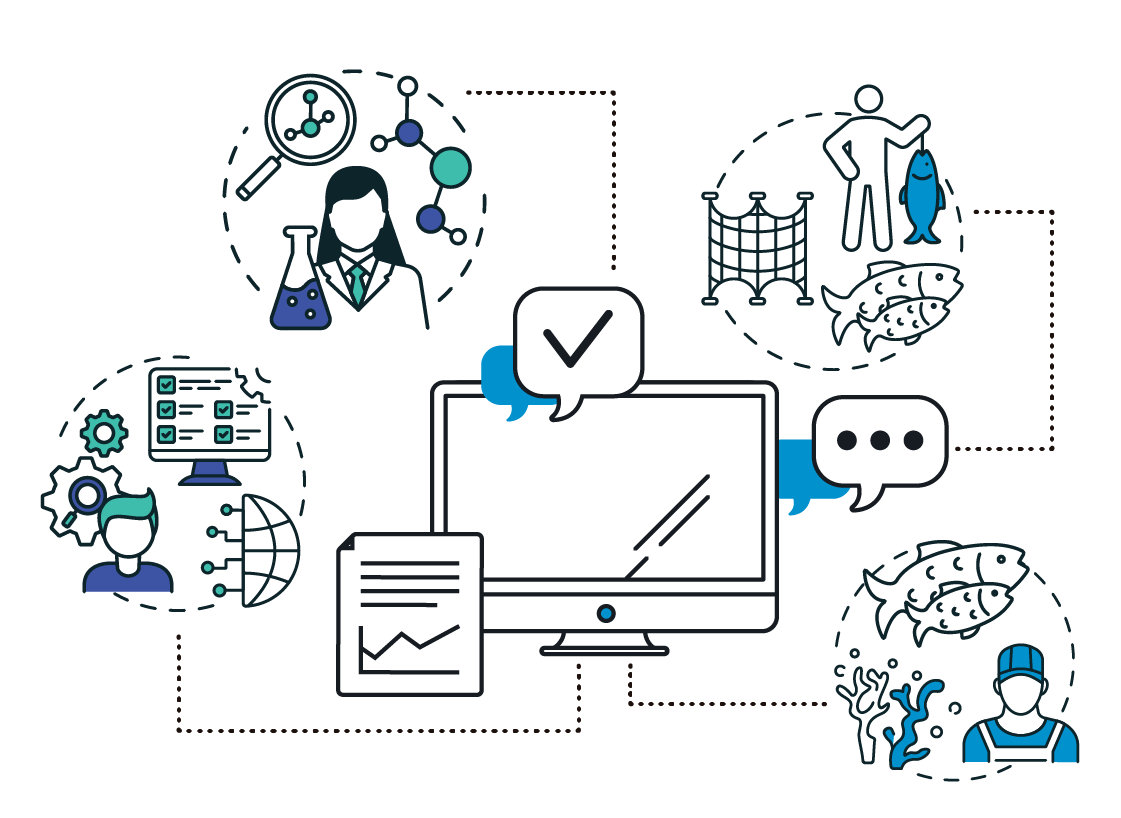
Q: You have a master’s degree in Conservation Ecology from the University of Michigan. What made you transition to science communication?
A: When I was a grad student, I studied the feeding habits of muskellunge, “muskies” for short, which are large predatory fish native to North America. The work was fascinating, but I felt like my research was only going to be seen by the few scientists already interested in muskies. I saw the same thing happening with my colleagues too. People were doing this really cool and important science, but nobody knew about it.
While working at Michigan Sea Grant—an organization that does research, education, and outreach—I was exposed to the importance and fun of science communication. After graduation, I was fortunate enough to get a Knauss Marine Policy Fellowship, which brings people with marine science backgrounds into the federal government to do policy and communication work, as well as a little bit of research. These experiences helped me to transition from academia to science communication and eventually led me to ECS!

Q: With more ways to share information than ever before, how have you seen science communication evolve?
A: In the past, I felt like science communication was undervalued when compared to research, but that’s starting to change. These days, I see more and more scientists doing both research and communication. Between social media and our devices, there are many interesting ways to convey science to large audiences. Some scientists have begun to leverage Twitter and Instagram to talk about their publications and research. Social media also allows for fun ways to create short and powerful educational videos.
In the Integrated Ecosystem Assessment program, we constantly ask ourselves, “how do we develop new ways to share all the cool science being done?” It’s great! Every day, I get to work with scientists all across NOAA, including other researchers from ECS! ECS is everywhere, supporting programs from NOAA’s fisheries and climate research to marine sanctuary management and engineering operations. We also help NOAA maintain its fleet of ships and research vessels through their Office of Marine and Aviation Operations.

